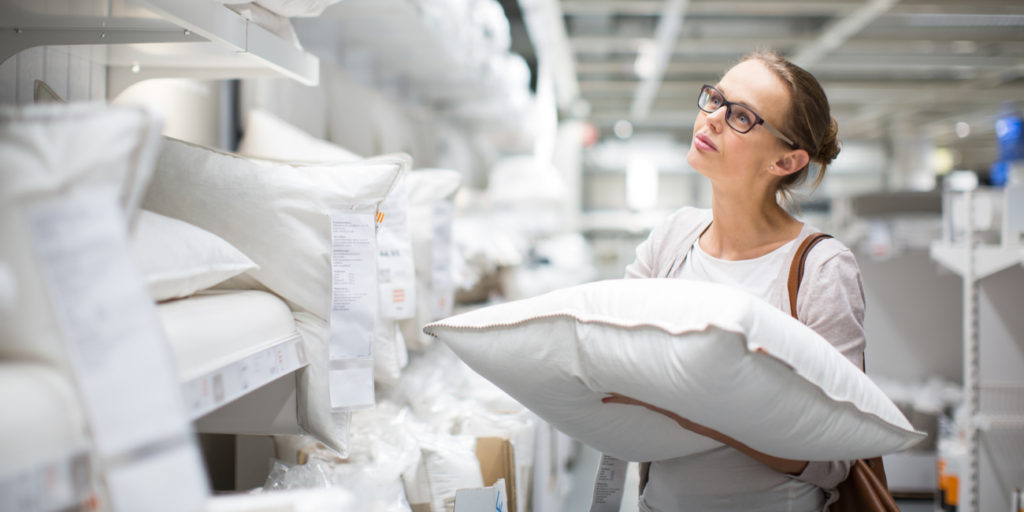Think you’re ready for your big move to Spain? In this article, we look at 15 things that nobody tells you about Spain, you’ll want to know right now.
1 – You can’t get mail in the campo
The Correos (Spanish post office) won’t deliver outside of the town boundary in those beautiful pueblos blancos, because it would take them forever to navigate all the tiny and often very rough tracks to reach everyone, so you’ll need a post box in the local town.
Deciding which address to use on official and non-official documents can be tricky, if you put your actual address (and there may be more than one version of what your house is known as) and someone tries to send you a letter, you’ll have to keep on checking at the post office in town to see if it’s arrived. Mail gets returned if unclaimed for 2 weeks.
If instead, you decide to use your post box address, bear in mind that official documents can sometimes only be posted to your actual address because that’s the one on your Padron.
2 – Prices that you get quoted for something are often less than you will eventually pay
Often you will get quoted a price that doesn’t include IVA (Spanish VAT), so always check the amount you’ll actually have to pay at checkout.
It’s also possible with language misunderstandings that you or a seller might not ask the right questions and you could end up with the wrong or incompatible item and find it difficult to get your money back. Until you become fluent, you might like to take a translator with you for the complicated transactions.
3 – Spanish houses are usually built for the heat but not for the cold
Don’t always look for ‘light and airy’ rooms when you’re looking at properties, in the summer you’ll long for dark and cool spaces. The walls are thick for a reason.
It may be a hot country, but it can get cold in the winter at night, even down south. There are ski resorts only an hour from the Costa del Sol!

4 – You can’t find cream for love nor money
Real single or double cream as it’s called in the UK is as rare as hen’s teeth in Spain because it’s against health regulations to make it here. Very rarely, specialist British supermarkets on the south coast will import it but the sell-by date will be only a few days away because of the time it takes to supply it.
You can get products like Elmlea cream in the same supermarkets which are similar and last a little longer. Spanish supermarkets only stock a pasteurised or UHT product called Nata????? which doesn’t quite taste the same.
5 – Food differences
Tortilla in Spain isn’t like a Mexican tortilla, it’s an omelette and it’s usually got potatoes in it. If you see ‘Broken eggs’ on a menu, it means fried eggs!
There are lots of cultural differences and the best thing to do is embrace them, try new things, and if there’s something you miss the taste of too much, you can always try the specialist shops that stock products from the country you’ve moved from.
6 – A gas barbecue can save you a fortune!
If you have an electric oven and hob, cooking can be very expensive, and it’s illegal in some areas to have an open barbecue fire in case of flying sparks causing wild fires. A decent gas barbecue on the other hand, especially if you have a covered terrace and the barbecue has a hob built-in, can be used for cooking almost anything.
Nothing beats cooking outside in Spain. After all, who wants to be cooped up in a hot kitchen when you can be savouring the smells of fresh food cooking while enjoying the view?

7 – Electricity bills can be difficult to understand, and expensive!
At certain times of day the cost of electricity is really high and this is another thing you learn quickly when you arrive here.
Most people are on the official 3 rate system where during the week it’s cheaper between midnight and 8 in the morning, then between 8am and 10am it’s more expensive, then between 10am and 2pm it’s the most expensive rate, then back to medium rate 2-6, then expensive 6-10, then medium until midnight when it becomes cheap again. All weekend is cheap rate, so that’s when everyone does their washing!
8 – Expect everything to take longer than you think and accept it.
Bureaucracy is famously slow and difficult here, and the warmer climate makes for a necessarily more relaxed approach to work, especially in the hotter months.
In August most businesses shut down so don’t expect to see any building work happening then. There are also many festival days when a lot of shops and banks will be closed, and on Sundays you’ll only find restaurants and petrol stations open.
9 – Some of your belongings will get broken during the move
This is especially true for the glass in picture frames. It doesn’t matter how much bubble wrap you use, or how careful you are, it’s going to happen so budget for it. You may be able to get compensation from your removals company but don’t count on it.
10 – Storage is really important!
When you’re looking for a place to buy or rent it’s so easy to forget how many belongings you have. It’s a good idea to sell, give away or recycle a lot of what you own before booking your removal van, not only will it save you money on the cost of removals, it feels good to divest yourself of clutter and be ready to start your new life with Spanish things.
11 – Don’t buy a house furnished if you don’t like the furniture
It can be pricey to get rid of and also quite tricky if you’re in a small town with tiny roads and no parking. Getting rid of an old divan bed from a house in the middle of a town with very little parking nearby is a nightmare.
12 – The best way to find things and people is to say hello
You can do this anywhere, but the shops and cafes are the best places to start, which is why you should choose a place to live with access to those sorts of places and where there are gatherings of people like you.
Walking clubs, historic groups, markets, the sort of things you might be interested in. Lots of help will be offered and lots of new friendships made if you say hello, and it’s the best way to learn Spanish.

13 – Pillows and bedding are different sizes and shapes!
If you’re from the UK especially, it’s not worth taking pillows, pillowcases and sheets to Spain. All of the sizes are different so they won’t fit. So budget to buy everything in Spain.
14 – You can never have too many adaptors
Until you replace the British or Irish electrical items you’ve brought with you with Spanish bought items, buy loads of adapters. You can find them in the many Chinese-owned stores which are everywhere in southern Spain.
The voltages in mainland Europe are about the same as in the UK so no need for extra equipment. There can be power outages and spikes here, so it might be worth investing in surge protection and backup systems.
15 – If you have the opportunity, walk instead of driving
By walking, you get to know your local area a lot better and you can say hello to everyone if you are walking. And you can sneak into all those interesting little shops you come across on the way too.












0 Comments